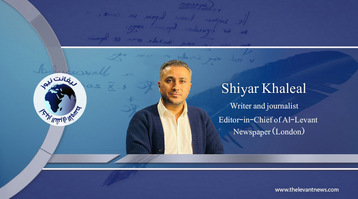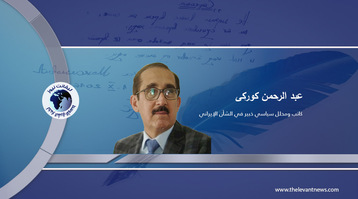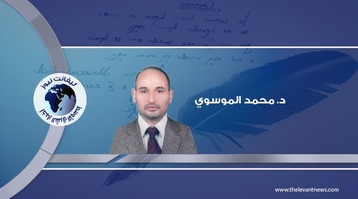-
Ukraine’s Shadow War

To many the growing tensions between Russia and Ukraine can only have two potential outcomes. One is a return to the status quo ahead of the extraordinary build-up of Russian forces we’re witnessing today, the other is when Russian tanks cross the border, and we enter a state of official conflict with potentially devastating global ramifications. However, in the age of hybrid warfare there are arguably a multitude of shades of grey between these two distinct end points.
Russia’s ‘shadow war’ in Ukraine is nefarious and lacks the clarity of a conventional conflict, but it hurts the country and its people in a multitude of wars. Much has already been made as to the threat from cyber weapons and how their lack of a clear perpetrator makes them such effective tactics of confusion. Earlier in January this year around seventy Ukrainian government websites were temporarily down, in the largest such attack in four years. This was likely a warning shot rather than a sustained attempt to dismantle and degrade Ukraine’s networks. Taking critical infrastructure offline and disrupting communications at a time of crisis has to potential to cost lives and take the direction of events in even more unpredictable directions.
Fears as to the security of Ukrainian’s state and citizens personal data is another real concern if the state’s defences are unable to protect from a sophisticated Russian attack. Bank accounts wiped out, medical records altered, peoples very citizenship disappearing online are amongst the sum of all fears. If data is the most valuable commodity of the modern age, it is not just a case of Russia seizing Ukraine’s factories and sources of energy to be successful.
Cyber and electronic warfare are the sharper end of a context that Russia is attempting to shape through various forms of propaganda and disinformation warfare. Whereas in the past Soviet controlled media focused on preventing information and news coming out, today the Russian government focuses on State-led or directed media flooding channels with falsehoods. Stories as to Ukrainian forces conducting atrocities in Russian speaking parts of the country or the Government in Kiev having fascist tendencies all set the context and justification for future action.
Information can also help turn up the temperature of events leading towards a narrative of a conflict of inevitability rather than one of choice. Recently the Deputy Defense Minister of Ukraine Hanna Maliar took to Facebook to make the point that - "now, the information is being spread on the Internet with reference to anonymous sources that Russia allegedly sent supplies of blood and other medical materials for the wounded to the Ukrainian border. This information is not true. Such 'news' is an element of information and psychological warfare."
Disinformation and cyber skirmishes are complemented by a more nefarious set of tactics that fit under this banner of “psychological warfare”. Recently a series of hoax bomb alerts this year have forced the evacuation of schools in the capital Kyiv, and other cities, including Kharkiv, Lviv and Zaporizhzhia. Ukraine has recorded more than 300 bomb threats so far this year, compared to 1,100 for the whole of 2021. A population on the edge is being tested from without where Russian forces amass, and from within with these imagined threats.
Whilst much of the focus on tactics of economic warfare have been on potential sanctions on Moscow, the threat of conflict itself is having a ‘chilling’ effect on the Ukrainian economy. Whilst it would seem from news footage of the streets of Ukraine’s cities that there is a pervading clam, people aren’t spending in preparation of tougher times ahead. Ukraine needs as much as $5 billion to stabilize the economy, President Zelenskiy has said. The hyrvnia has dropped 8.4% against the dollar, one of the worst performers worldwide, since November when Russia again massed troops on the border.
What the combination of cyber, psychological, informational and economic measures add up to is something very different from the sight of masses of tanks on the move, yet it has a cumulative consequence that is crucial to understand. When it comes to the situation between Russia and Ukraine the absence of war is not necessarily peace. Instead, a semi-permanent sense of tension could develop with continued consequence for Kiev which could be living under the Damocles Sword of Moscow for years to come.

BY: James Denselow
You May Also Like
Popular Posts
Caricature
Syrians' concerns now
- December 10, 2024
Syrians' concerns now #Syria
#Bashar_al-Assad
#Liberation_of_Syria
#Syrians
#Future_of_Syria
#Levant_News

opinion
Report
ads
Newsletter
Subscribe to our mailing list to get the new updates!




















